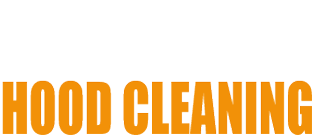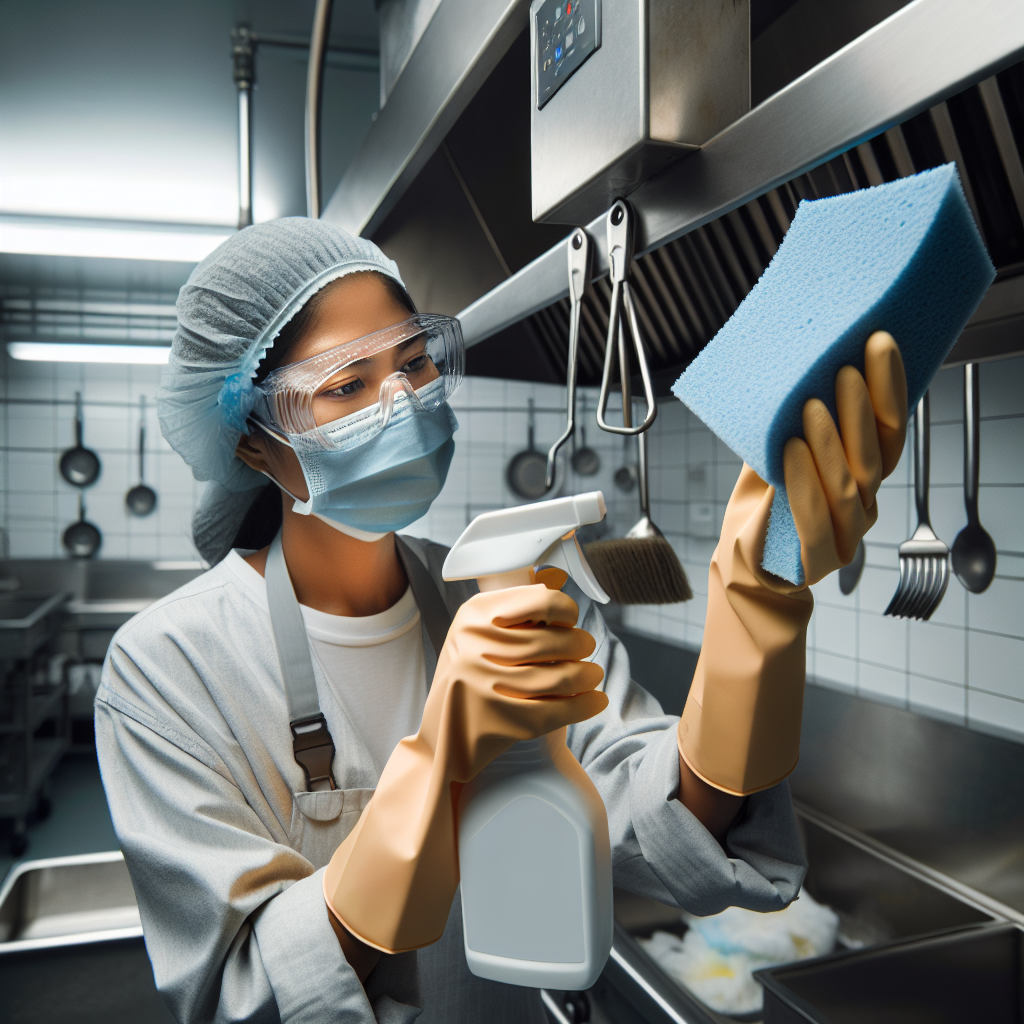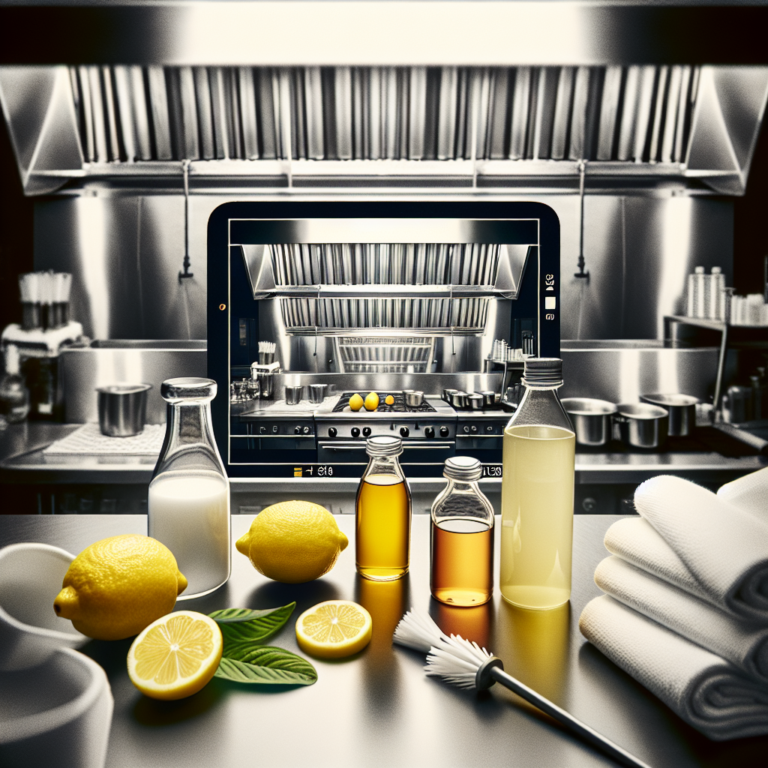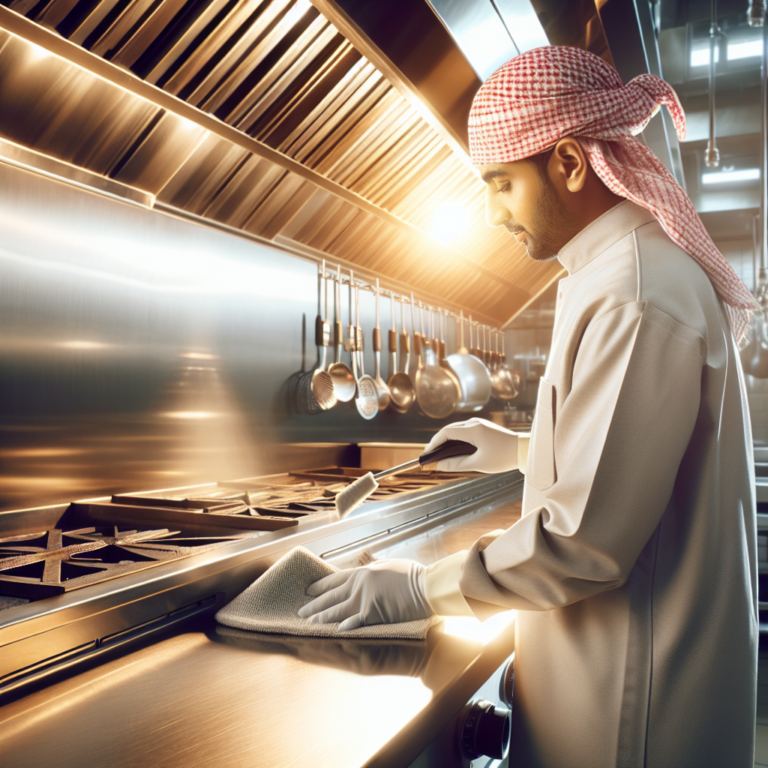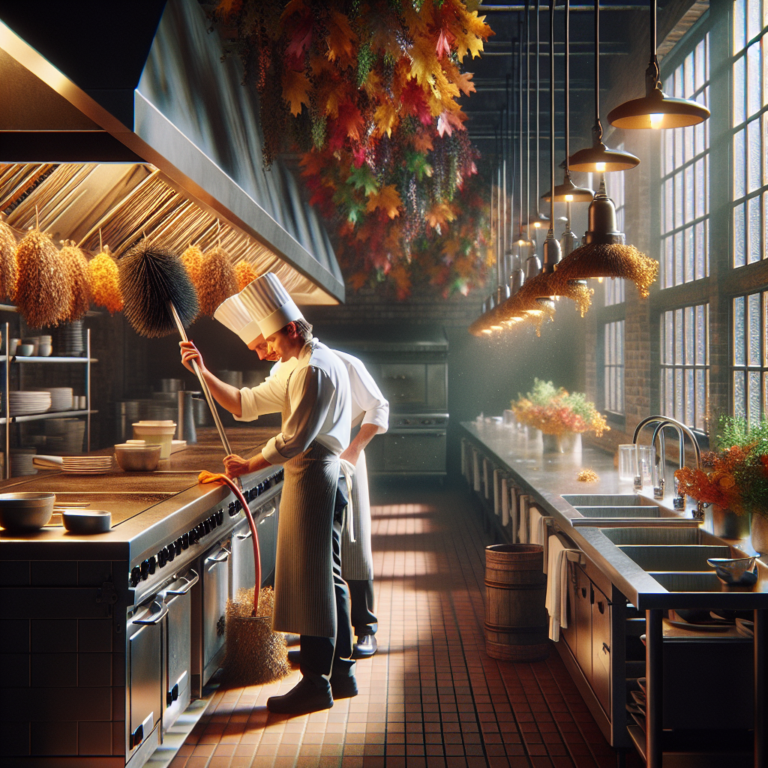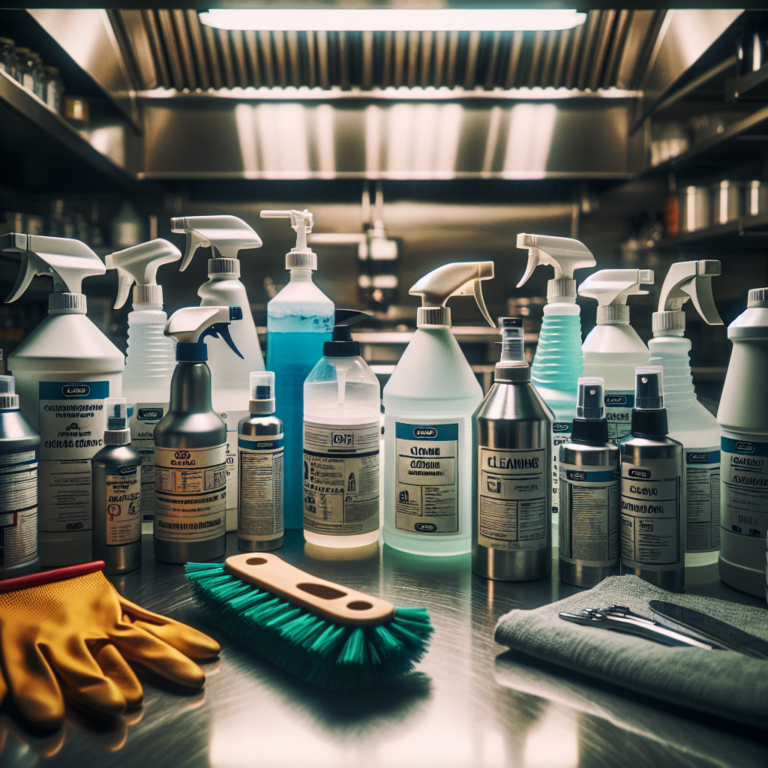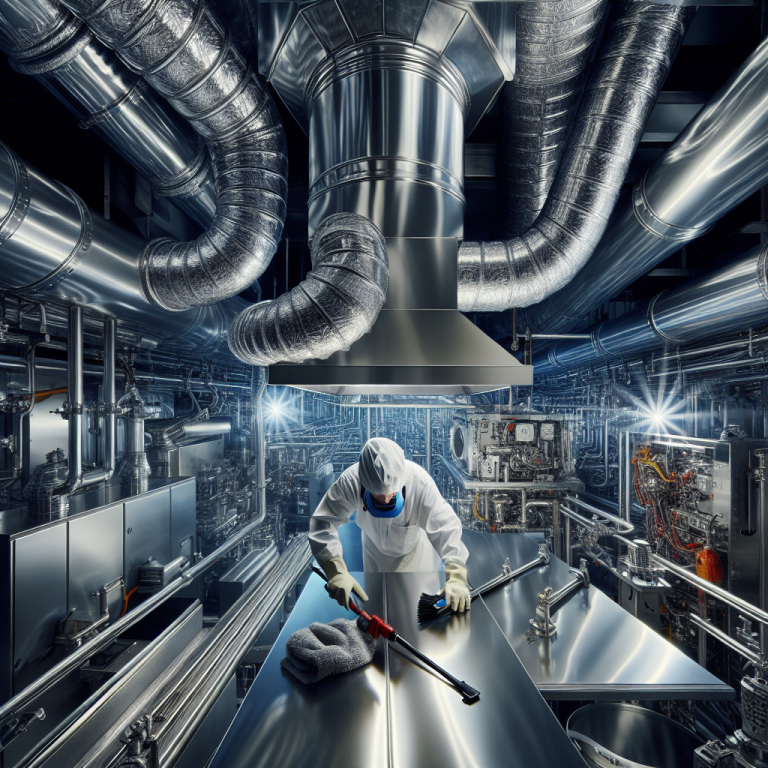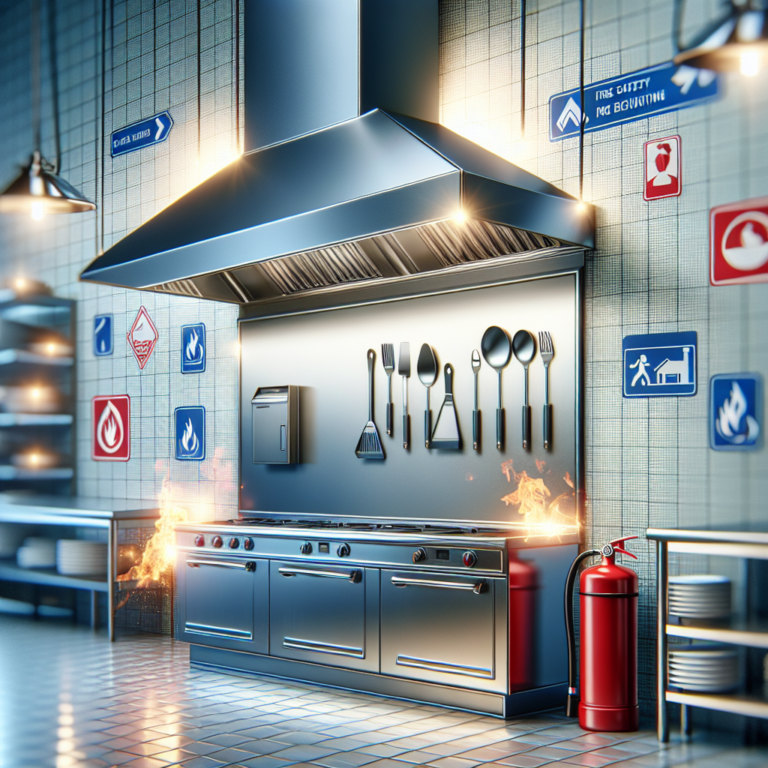Ensuring Hood Cleaning Safety: Essential Tips to Prevent Accidents
Understanding the Importance of Hood Cleaning
When it comes to maintaining a safe and efficient commercial kitchen, regular hood cleaning is more than just a recommendation—it’s a necessity. Proper hood cleaning not only ensures compliance with health and safety regulations but also significantly reduces the risk of fire and other hazards. In bustling restaurant environments like those in Denver, restaurant hood cleaning plays a crucial role in keeping your kitchen operations running smoothly.
Identifying the Risks Involved
Understanding the risks of neglecting commercial kitchen hood cleaning is the first step towards ensuring safety. Grease, smoke, and grime accumulate on kitchen hoods and exhausts over time. This accumulation poses a significant fire hazard and can also impact the air quality within your kitchen, leading to potential health concerns for staff.
The following risks highlight why a proactive approach to exhaust hood cleaning is essential:
- Fire Hazards: Grease buildup can easily ignite, leading to devastating kitchen fires.
- Poor Ventilation: A clogged system can reduce proper airflow, causing smoke and heat to linger in the kitchen.
- Health Concerns: Prolonged exposure to smoke and fumes can affect respiratory health.
Safety Tips for Effective Hood Cleaning
To ensure a safe kitchen environment, here are several safety tips to consider when conducting commercial kitchen hood cleaning:
1. Wear Appropriate Personal Protective Equipment (PPE)
Before diving into the cleaning process, equip yourself and your staff with the necessary PPE. This includes gloves, safety goggles, and masks to protect against harsh chemicals and grease residues. Ensuring everyone is appropriately dressed can prevent accidents and exposure to harmful substances.
2. Turn Off Power Sources
Ensure that all power sources to the kitchen hood and exhaust system are turned off before starting the cleaning process. This includes unplugging motors and turning off gas supplies to prevent any accidental ignition during cleaning.
3. Use the Right Cleaning Agents
Select cleaning agents that are appropriate for your specific system and are capable of breaking down grease efficiently. Avoid using flammable products and ensure you’re following the manufacturer’s instructions carefully to avoid damage to the equipment.
4. Follow Proper Cleaning Procedures
Develop a comprehensive cleaning procedure outlining each step of the process. Make sure to include detailed instructions for dismantling parts of the hood system for thorough cleaning. Regularly inspect exhaust fans and filters, and clean or replace them as necessary. A structured approach minimizes confusion and enhances safety.
5. Be Aware of Surroundings
Ensure that the cleaning workspace is well-ventilated, especially when using chemical solvents. Keep flammable materials at a safe distance and ensure that staff movements in and out of the cleaning area are not obstructed, reducing the chance of accidental contact with cleaning agents.
6. Regular Safety Training
Regularly conduct safety training sessions for your staff to ensure they are cognizant of the latest Denver hood cleaning safety regulations and techniques. Encourage questions and feedback to continuously improve safety protocols.
The Role of Professional Hood Cleaning Services
While internal cleaning practices are vital, partnering with professional services can elevate safety and efficiency standards. Companies specializing in exhaust hood cleaning bring expertise, equipment, and thoroughness that can be challenging to replicate in-house.
A professional service not only provides expertise but ensures compliance with local regulations, thereby reducing liabilities. They help in identifying potential risks that might be overlooked during routine cleaning. In a bustling city like Denver, engaging a professional service allows restaurant owners to focus on culinary excellence while experts handle the grime and grease.
Conclusion
Hood cleaning is a crucial yet complex task that shouldn’t be overlooked. By incorporating these safety measures, restaurant owners and kitchen managers can protect their staff and business. Prioritizing safety ensures a clean, compliant, and efficient commercial kitchen environment.
When it comes to professional expertise, consider reaching out to specialists in Denver hood cleaning for comprehensive and reliable services. With the right practices and partnerships, your kitchen can remain a safe haven for culinary creativity.
